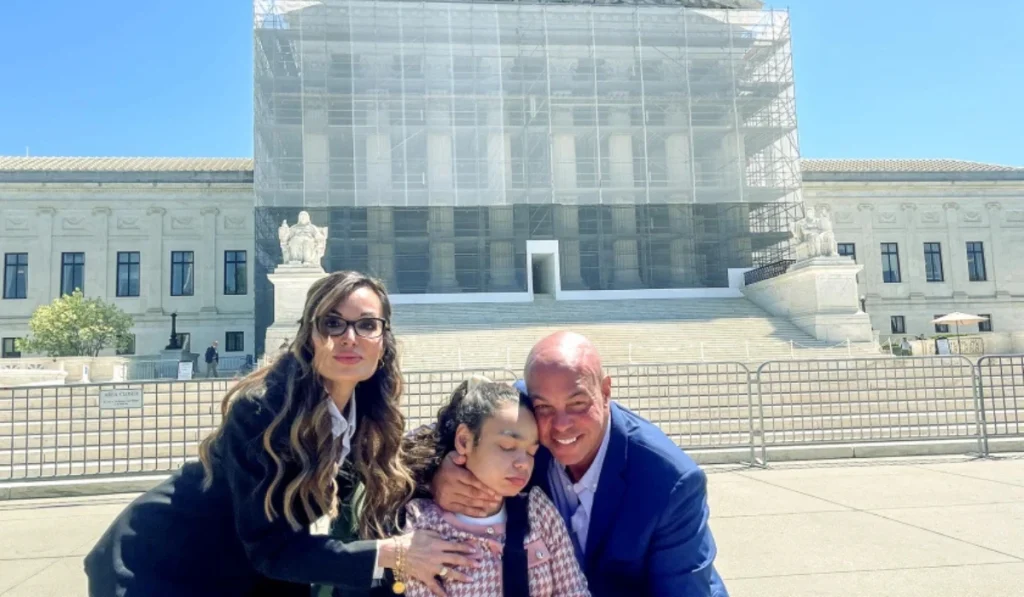The Department of Justice has terminated negotiations for court-enforced settlements with police departments in Minneapolis and Louisville, cities where high-profile police killings of Black individuals in 2020 sparked global protests. The DOJ is also closing investigations and retracting findings of wrongdoing against police departments in Phoenix, Memphis, Trenton, Mount Vernon, Oklahoma City, and the Louisiana State Police.
This decision was announced by Harmeet Dhillon, Assistant Attorney General overseeing the Civil Rights Division, just days before the fifth anniversary of George Floyd’s murder. Dhillon criticized the Biden administration’s approach, stating that “overbroad police consent decrees divest local control of policing from communities where it belongs,” and claimed the previous administration wrongly attributed racial disparities in policing to intentional discrimination.
Under the Biden administration, the Civil Rights Division launched 12 “pattern or practice” investigations into police departments but failed to secure any court-binding consent decrees. Since Dhillon’s appointment, the DOJ’s Civil Rights Division has lost over 100 attorneys through resignations, demotions, and deferred resignation agreements. Senior attorneys who handled police abuse investigations have been reassigned to lower-level positions.
This policy shift is part of the Trump administration’s broader effort to redirect the Civil Rights Division’s focus away from its traditional role of protecting historically disenfranchised populations. Recent changes include pausing police abuse investigations, launching an investigation into whether Los Angeles violated gun rights laws, altering the department’s stance on transgender rights, and ending a decades-old school desegregation order in Louisiana.
Implications for the Black Community and Justice Process
This policy reversal has profound implications for the Black community and police accountability:
- Abandonment of Systemic Reform: The termination of consent decree negotiations means that documented patterns of civil rights violations against Black residents in these cities will not be addressed through court-enforced reforms. This leaves communities with limited recourse for systemic change.
- Shift in Federal Priorities: The DOJ’s decision signals a significant shift away from federal oversight of local police departments, even in cases with documented civil rights abuses. This reduces a critical accountability mechanism that historically protected marginalized communities.
- Ignoring Abuse: By characterizing consent decrees as transferring power to “unelected bureaucrats,” the current administration is prioritizing local police autonomy over federal civil rights enforcement, even when patterns of abuse are documented.
- History Continues: For the Black community, this decision comes in the context of a long history of seeking federal intervention when local authorities failed to address discriminatory policing. The DOJ’s retreat from this role removes a crucial layer of protection.
- Justice System Integrity: The retraction of findings that police departments violated constitutional rights undermines confidence in the justice system’s ability to acknowledge and address systemic problems.
- Lost Momentum: Five years after George Floyd’s murder sparked unprecedented conversations about police reform, this decision represents a significant retreat from the momentum toward accountability and structural change.
The DOJ’s decision effectively means that documented patterns of civil rights violations will not be addressed through the previously established federal accountability framework, leaving affected communities to seek alternative paths toward police reform and justice.





